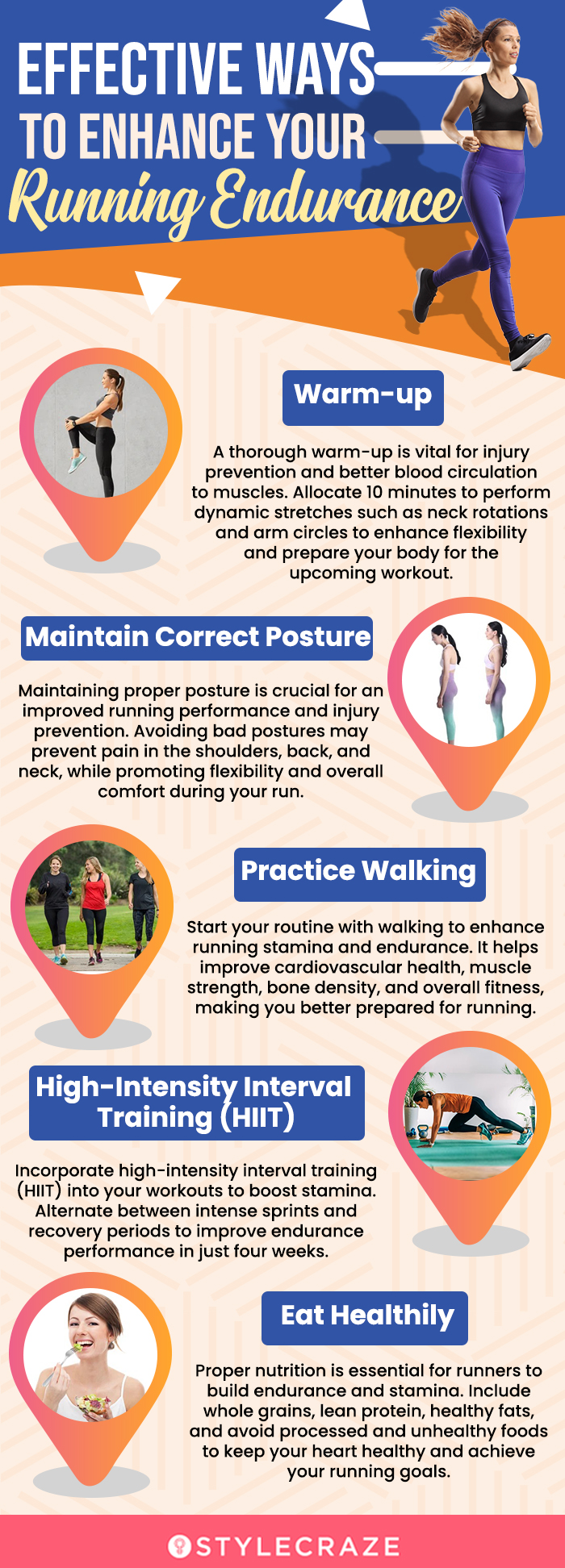Which is Better Walking Or Swimming : Unveiling the Ultimate Exercise Battle
Swimming is better than walking for overall body workout. Walking is effective for weight management.
When it comes to choosing between walking and swimming for your fitness routine, it’s important to consider the benefits of each activity. While both walking and swimming are excellent forms of exercise, they offer unique advantages. Walking is a great low-impact exercise that can help with weight management and improve cardiovascular health.
On the other hand, swimming provides a full-body workout, improving strength, flexibility, and endurance. Both activities can be enjoyable and beneficial for overall health and well-being. By understanding the differences between walking and swimming, you can choose the exercise that best suits your fitness goals and preferences.

Credit: www.pbs.org
The Benefits Of Walking
Walking and swimming both offer excellent cardiovascular benefits and promote overall fitness. However, each activity has its advantages. While walking is a weight-bearing exercise that strengthens bones and muscles, swimming is a low-impact activity that is gentle on the joints and provides a full-body workout.
Ultimately, the best choice depends on individual preferences and physical abilities.
Improves Cardiovascular Health
Walking is one of the best ways to improve cardiovascular health. Just a brisk walk a few times a week can have a significant impact on your heart health. It helps strengthen your heart and reduces the risk of heart diseases.
Regular walking increases blood circulation throughout your body, which improves the efficiency of your heart and blood vessels. This, in turn, lowers your blood pressure and reduces the risk of hypertension. Moreover, it increases the levels of good cholesterol (HDL) while decreasing the levels of bad cholesterol (LDL) in your body, preventing clogged arteries and reducing the risk of heart attacks and strokes.
Walking is also an effective way to manage and control conditions such as diabetes. It helps regulate blood sugar levels, making your body more responsive to insulin and preventing sudden spikes or drops in blood glucose levels.
Boosts Mental Well-being
Walking not only benefits your physical health but also has a profound impact on your mental well-being. The rhythmic motion of walking helps reduce stress levels and promotes relaxation. It releases endorphins, often referred to as “feel-good” hormones, which can elevate your mood and help combat symptoms of depression and anxiety.
Additionally, walking outdoors allows you to connect with nature and enjoy the beauty of your surroundings. It provides a refreshing change of scenery and can have a calming effect on your mind. Being in nature has been scientifically proven to reduce stress levels and improve overall mental health.
Regular walking can also enhance cognitive function and improve memory and concentration. It stimulates brain cell growth and increases blood flow to the brain, leading to improved mental clarity and sharpness.
The Benefits Of Swimming
Are you wondering about the benefits of swimming for your overall fitness? Let’s dive into why swimming is a superb form of exercise that can enhance your health and well-being.
Strengthens Muscles And Improves Flexibility
Swimming engages multiple muscle groups simultaneously, helping to tone and strengthen your body effectively.
Provides Low-impact Workout
Swimming offers a gentle workout for joints and muscles, decreasing the risk of injuries compared to high-impact activities.
Comparison Of Caloric Burn
When it comes to choosing between walking and swimming for exercise, it’s essential to consider the caloric burn of each activity. Understanding how many calories are burned while walking and swimming can help determine which exercise is more effective for achieving weight loss goals.
Calories Burned While Walking
Walking is a low-impact exercise that can be easily incorporated into daily routines. The number of calories burned while walking depends on factors such as speed, weight, and duration of the walk. On average, a person weighing 155 pounds can expect to burn approximately 120-140 calories per mile walked.
Calories Burned While Swimming
Swimming is a full-body workout that engages various muscle groups. The number of calories burned while swimming is influenced by the swimming stroke, intensity, and duration. For instance, a person weighing 155 pounds can burn approximately 360-500 calories per hour of moderate-intensity swimming.

Credit: www.nationalgeographic.com
Which Exercise Is Right For You?
When it comes to choosing the right exercise, walking and swimming are two popular options that offer a range of benefits for both your physical and mental well-being. However, which one is better for you? In this article, we will explore the considerations for walking and swimming, so you can determine the exercise that suits you best.
Considerations For Walking
Walking is a simple and accessible form of exercise that requires no special equipment or memberships. Here are some factors to consider when deciding if walking is the right exercise for you:
- Physical fitness level: Walking is a low-impact exercise that can be suitable for individuals of all fitness levels. Whether you’re a beginner or have been exercising for years, walking allows you to set the pace and intensity that works best for you. Plus, it’s a great way to gradually increase your fitness level.
- Joint health: If you have joint problems or conditions like arthritis, walking can be a gentle exercise option that minimizes stress on your joints. It helps in improving flexibility and can reduce the risk of developing age-related joint issues.
- Outdoor enjoyment: Walking allows you to explore the outdoors and enjoy nature. Whether you prefer a brisk walk in the park or a leisurely stroll on the beach, the fresh air and scenery can provide a refreshing change of environment and boost your mood.
- Time flexibility: Walking can easily fit into your daily routine. Whether you have a busy schedule or just a few minutes to spare, you can incorporate short walking sessions throughout the day. It can be a great way to break up long periods of sitting and improve circulation.
Considerations For Swimming
Swimming is a full-body workout that offers a range of benefits, making it a great exercise option for many individuals. Here are some factors to consider when deciding if swimming is the right exercise for you:
- Low-impact exercise: Swimming is a low-impact exercise that puts minimal stress on your joints, making it ideal for individuals with joint problems or injuries. The water’s buoyancy also provides support, reducing the risk of strain or impact-related injuries.
- Cardiovascular health: Swimming is an excellent cardiovascular exercise that can help improve your stamina, increase lung capacity, and strengthen your heart. It promotes a healthy heart and can reduce the risk of cardiovascular diseases.
- Full-body workout: Unlike some exercises that focus on specific muscle groups, swimming engages multiple muscles simultaneously, providing a full-body workout. It helps tone your muscles, improve flexibility, and increase overall strength.
- Therapeutic benefits: Swimming is commonly used for rehabilitation and therapeutic purposes. The buoyancy of water can help with pain relief, stress reduction, and muscle relaxation. It’s also a great option for individuals with conditions such as asthma or chronic pain.
Ultimately, the choice between walking and swimming depends on your personal preferences, fitness goals, and health considerations. While walking offers convenience and accessibility, swimming provides a low-impact, full-body workout. Consider these factors to determine the exercise that aligns with your needs and interests.

Credit: www.politico.com
Frequently Asked Questions Of Which Is Better Walking Or Swimming
Which Is Better For Losing Weight Swimming Or Walking?
Swimming can help burn more calories and engage more muscles compared to walking, making it better for weight loss.
Can You Lose Belly Fat By Swimming?
Yes, swimming can help you lose belly fat by burning calories and toning your muscles. It is a full-body workout that can reduce overall body fat, including belly fat, when combined with a healthy diet.
Is Pool Exercise As Good As Walking?
Pool exercise can be as good as walking for overall health and fitness. It provides low-impact aerobic benefits. It also offers resistance training due to the water’s resistance, which can help improve muscle strength. Both walking and pool exercise can be beneficial for cardiovascular health and weight management.
What Burns More Calories Swimming Or Walking?
Swimming burns more calories than walking as it engages more muscles, leading to increased calorie expenditure.
Conclusion
When deciding between walking and swimming, choose based on your preferences and fitness goals. Both are excellent forms of exercise with unique benefits. Whether you enjoy the outdoors or the water, staying active is key. Listen to your body and make the choice that keeps you moving!




